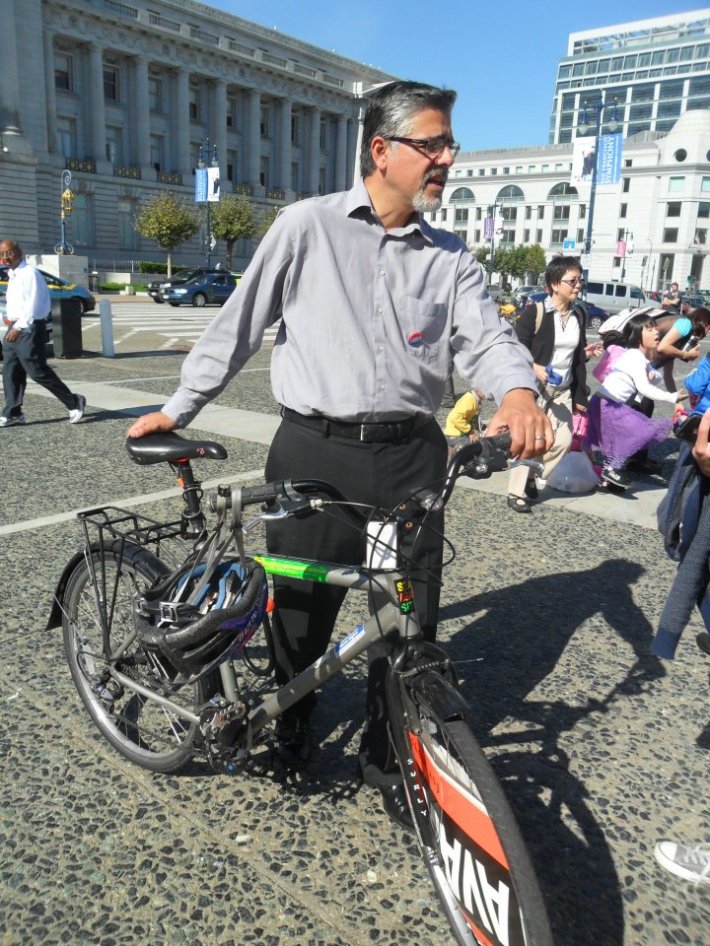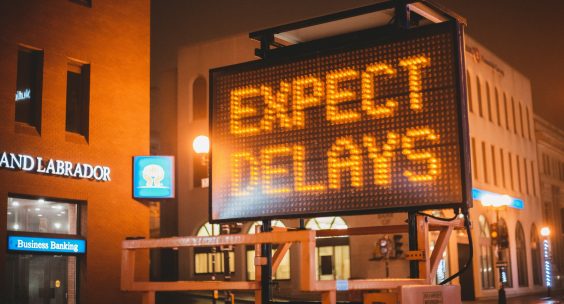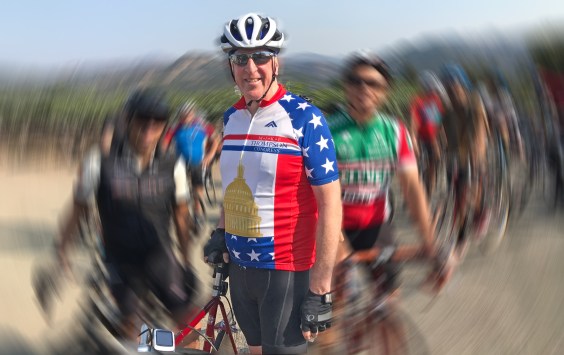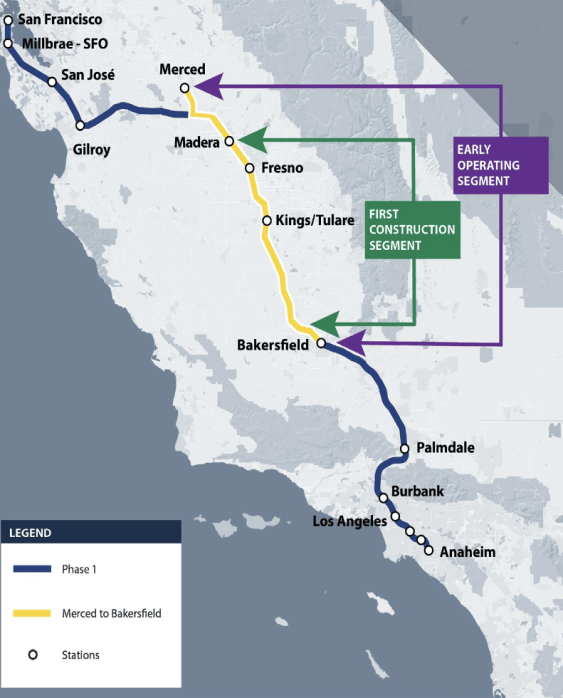Streetsblog Talks with Supervisor John Avalos About Next Step for Bike Yield
2:37 PM PST on January 4, 2016

Supervisor Avalos’s proposed ordinance would make it the lowest law enforcement priority in San Francisco to issue citations for bicyclists who safely yield at stop signs. However the ordinance would not discourage officers from citing bicyclists who fail to slow to a safe speed at stop signs or fail to yield to another vehicle or pedestrian.
That's how Supervisor John Avalos's office introduced the “Bike Yield” ordinance last August. He was responding to complaints that SFPD focused excessive resources on citing bikers on the Wiggle who carefully roll through stop signs. Mayor Edwin Lee announced that he would veto it. The Board of Supervisors passed it, but without the eight votes necessary to override. A second vote is scheduled for January, but analysts say it's unlikely the count will change. Meanwhile, Park District Captain John Sanford came out in his December newsletter flatly opposing the ordinance. He wrote "...if we allowed individuals to ignore laws they disagree with or would be better accommodated by not adhering to, such laws would create chaos on our streets."
But the fight is not over. Avalos took steps so the ordinance can be reintroduced in amended form this year. This may mean a pilot project, a compromise floated by one of the mayor's deputies. At a meeting in his office at City Hall, Streetsblog spoke with Avalos about the future of Bike Yield.
STREETSBLOG: Tell me the nuances of where we are with the legislation right now.
AVALOS: I have a copy of the file. It's called a duplicated file. It's in committee. And it's ready to go when we say it should be scheduled. And we can make amendments to that; narrow the scope of the work we're trying to do. We can be more prescriptive about what “yielding” is and more prescriptive about what ways that we can define “low priority” for the police department. Cyclists not coming to a complete stop at a stop sign is not really a dangerous activity that police should be focused on.
SB: Why are they focused on it then? What is really going on here?
A: It's a cultural issue. People tend to think bicycles are more of a nuisance than an actual way of getting around the city that is carbon free and—when it's done safely—safe and fun. But people say: “bicyclists are this, bicyclists are that.” There's a whole range of people who bicycle and they have different behaviors. But one bad incident will represent all of cyclists in San Francisco and that seems to drive people's opinions.
SB: But the cops are supposed to know better.
A: There is a bias against bicycles in the police department. I mean, we had an incident where a person was hit and killed by a truck on Sixth Street a couple of years back. There was a vigil. One of the officers came by the vigil and told them the dead cyclist was in the wrong. Then we had a person find video footage that showed the truck driver was wrong. But that's the attitude of police.
SB: I was riding on Valencia yesterday. I counted two trucks and a car stopped on the bike lane. I was passed by cops twice. Neither stopped to cite the vehicles. What kind of legislation can we have that will get the police to enforce the law consistently?
A: That's what we are trying to do with Bike Yield, by putting some real priorities before them. But they oppose them. And they're denying that they're doing anything wrong in their enforcement. We're fought tooth and nail.
SB: It doesn't seem like that's how it's suppose to work.
A: What's funny is when the mayor talked about the Wiggle he said “I don't want to approve legislation that's purely for the convenience of cyclists.” Well, I think that the officers are doing enforcement that's convenient to them instead of doing their duty to protect people.
SB: What do you mean by “convenient to them?”
A: It's convenient to them to not enforce speed limits or cite people who block bike lanes and intersections. Often you'll see police officers stop their own cars right in the middle of an intersection, forcing pedestrians to go into the street to cross. That's very common. Officers will block Muni traffic when they can actually find a place to park, but they don't care—it's whatever is convenient to them and they say “well, I'm a police officer and I'm enforcing the law and therefore I don't have to follow the law.”
SB: What about getting more SFPD out of cars and onto bicycles themselves so maybe they'll see things differently?
A: That would be great. We always talk about getting officers out of their cars and onto the sidewalks. And onto the streets with their bikes. But the police are very resistant to change. I'm sure I'm not considered very well by the police because of my efforts.
SB: Bottom line—next step for the legislation is a Bike Yield pilot project?
A: Yes, if the veto can't be overridden. Yes.
This interview was edited.
Stay in touch
Sign up for our free newsletter



